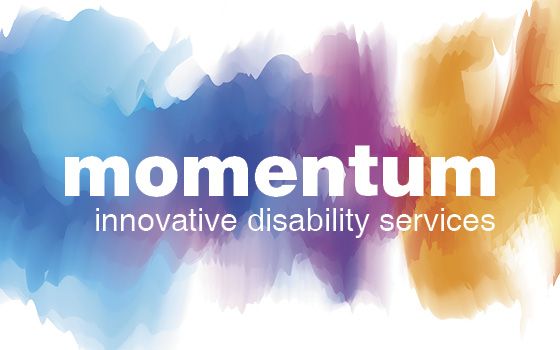
America’s problem with highlighting (and celebrating) students with disabilities
Post after post. Story after story. Parents and families of students with disabilities tell their heartbreaking experiences. Last week, David M. Perry, a father of a soon-to-be high school student who is diagnosed with autism and Down syndrome, wrote an opinion piece detailing the struggling of full inclusion.
Perry talks about his son’s love for choir and performing in front of people. Yet in second grade, Nico wasn’t included in his school’s theatrical production. Instead, he was told to “participate as an audience member.”
A similar situation occurred years later when Nico’s choir teacher limited his time on stage because of his enthusiastic and crowd-pleasing dance moves during the singing performance. She decided that Nico’s “professionalism” didn’t match the show. Perry made an effort to discuss his son’s right for full participation with the teacher, but the conversation never fully got through.
Later in the article, which can be read in full here, Perry points to the case of Morgan Arnold, an eighth grader with Down syndrome, who was left out of her school cheerleading squad’s final yearbook photo. Despite posing for one photo with the team, the school selected the one without Morgan. “She walked in and she shows it to me, she says ‘I’m not here, but these are my friends and I love them,'” her father said.
The school issued a statement apologizing for a “mistake that was made.” Arnold’s family has responded with grace, Perry wrote, as the story has received both local and national coverage, asking for this to be a learning moment.


Perry concludes the piece by pointing out, that Morgan is designated as a “manager” role within the team. It’s a situation that plays out for many high school sports — a student with a disability is given an “honorary” role. These students are never given the opportunity to fully participate. Numerous television and viral clips show teams “allowing” the student to score a basket or goal. As Perry notes, this is still exclusion and it’s a disappointing form of celebrated ostracism.
“Kids who want to play team sports should be able to play team sports. Kids who learn cheer routines should be able to cheer. Kids who want to sing should be in choir. Kids who are managers should actually manage teams, which is a real task in school sports that kids do when it’s not being used as a euphemism,” Perry wrote. “Inclusion is not a favor that adults do for disabled kids, but both an ethical obligation and a legal right owed to all children.”
It is long past time to put an end to ableism and the misguided inspirational messaging that comes with it. Let’s start encouraging teachers, coaches, and the public to see those with disabilities as part of the team. Learn more about our mission to make inclusion for everyone happen.
Article by Dustin Klemann
ableism, america, celebrating disabilities, david m. perry, disabilities, down syndrome, highlighting disabilities